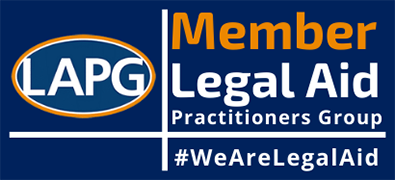
When a couple faces relationship breakdown there are various matters to be addressed, including how joint assets are divided and financial matters resolved, and what the arrangements for the children will be.
It is of course preferable that both matters be resolved by agreement between the parties. Whilst agreement on the final outcomes remains possible and is encouraged within Court proceedings, in many cases it is appropriate to have first explored whether non-court dispute resolution (NCDR) might be successful.
Some examples of NCDR include:
- Mediation
- Collaborative divorce
- Arbitration
- Private Financial Dispute Resolution
Where either party applies to the court for financial or children proceedings their case will be managed within The Family Procedure Rules (FPR). These rules govern how the family courts in England and Wales should run. They include practice directions which standardise process and procedure, govern what evidence can be admitted, determine the power that the Judge has, define the forms and documentation required and set out the factors which Courts need to consider in each case before them.
The current FPR have been in place since 2010 and include the requirement that before proceedings are issued, the Applicant must first set out their attempts to resolve matters through mediation or confirm why it is not appropriate in their circumstances (for instance, where domestic abuse is an issue).
The FPR are now undergoing amendment, so that from 29th April 2024 greater expectation will be placed on resolving matters through non-court-based methods and a wider definition of these will be included. Whereas previously the focus was largely on mediation, the new FPR will incorporate additional methods such as collaborative divorce, arbitration, and private financial dispute resolution.
Divorcing couples will be expected to give consideration to the above NCDR methods and will be required to confirm their views on these in open correspondence, accompanied by a signed statement of truth. If they decide not to engage with an out-of-court method this must be explained; where no good reason is provided, sanctions – including orders to pay costs – may be imposed. As before, exemption from mediation in relevant cases will be accepted, but the permitted circumstances for consideration will be narrowed.
Courts will also have the power to adjourn proceedings if NCDR would be more appropriate, and to direct parties’ engagement with NCDR where they do not agree to do so voluntarily.
Ultimately, the changes seek to further support and encourage amicable resolution without the need for court intervention where this may not be necessary. At The Family Law Company, your solicitor can discuss the various methods of NCDR with you to decide which, if any, may be appropriate to your case.
Need some advice? Get in touch today
"*" indicates required fields
The information submitted here is used and stored for the purpose of replying to the enquiry. For more information on how we process data please visit our Privacy Policy.









